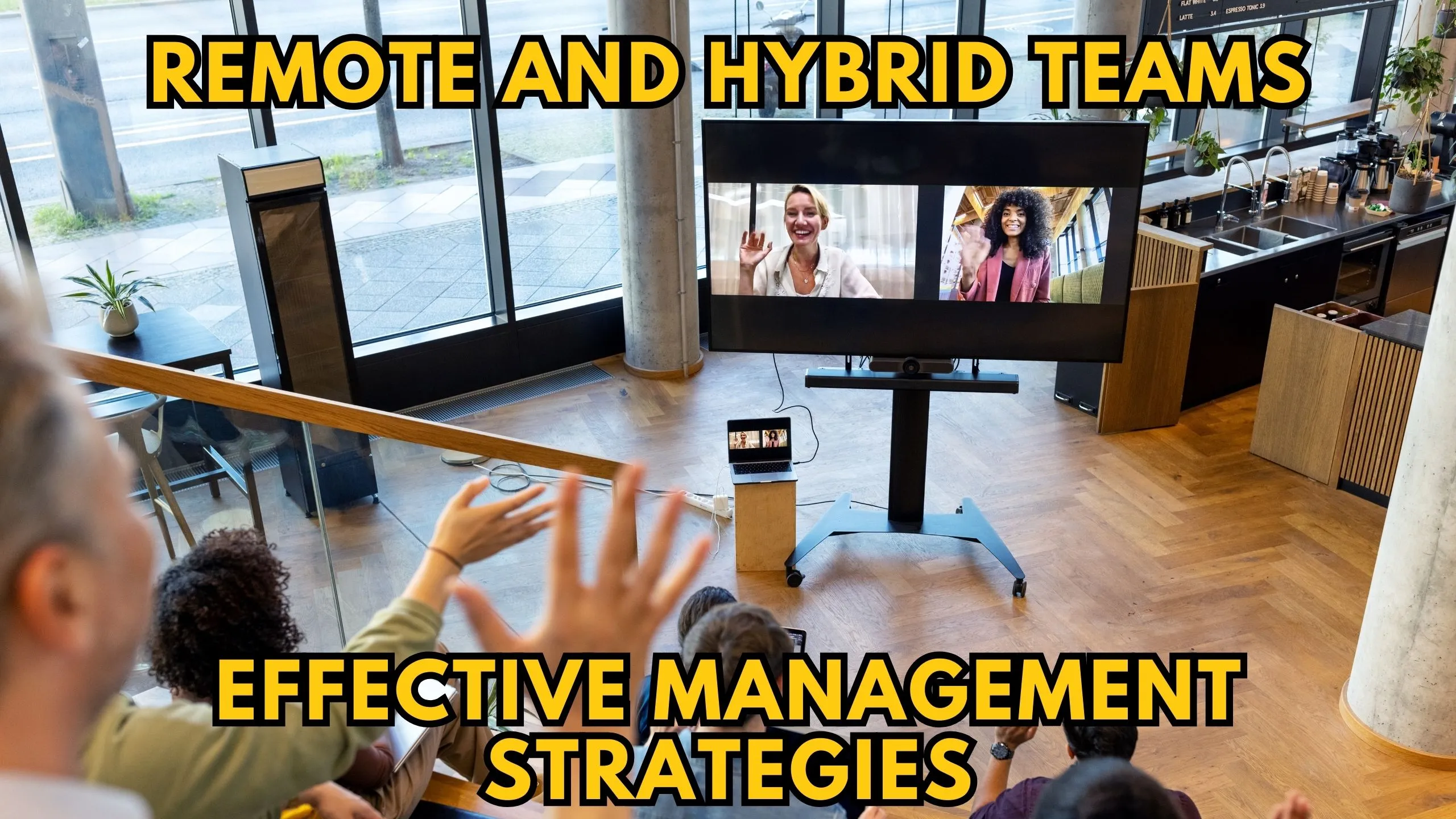Remote and Hybrid Teams: Effective Management Strategies
- Expense Management Software Credit Cards Investing Business Solutions


Remote and Hybrid Teams: Effective Management Strategies
In the ever-evolving landscape of work, remote and hybrid teams have become the new norm. Managing teams in such diverse settings demands innovative strategies and the right technological support. Let’s delve into effective management strategies for remote and hybrid teams, exploring relevant SaaS products to streamline the process.
Embracing Remote Work Dynamics
Navigating the nuances of remote and hybrid teams requires a strategic shift in leadership approaches. Here are some key strategies to enhance effectiveness:
1. Clear Communication Channels
Establishing clear communication channels is pivotal. Slack and Microsoft Teams foster real-time communication, ensuring team members stay connected and well-informed. These tools provide a seamless platform for instant messaging and collaboration.
2. Project Collaboration Platforms
For seamless collaboration, utilize platforms like Asana and Trello. These tools offer centralized spaces where team members can collaborate, share updates, and track project progress transparently. Asana provides a structured project management environment, while Trello’s visual boards enhance project visibility.
3. Task Management Systems
Efficient task management is crucial for remote teams. Platforms such as Todoist and Wrike facilitate task organization and tracking, ensuring team members align with project goals and timelines. Todoist’s intuitive interface simplifies task management, and Wrike’s dynamic features enhance project planning and execution.
4. Employee Engagement Platforms
To foster team spirit and engagement, consider platforms like Bonusly. Such tools allow team members to recognize and reward each other, promoting a positive remote work culture. Bonusly’s gamified approach encourages continuous recognition, enhancing overall team morale.
5. Virtual Team Building Activities
Maintain team cohesion through platforms like TeamBonding. These tools offer virtual team-building activities, ensuring even remote teams can build strong interpersonal connections. TeamBonding’s diverse activities promote collaboration and camaraderie among team members.
Conclusion
Effectively managing remote and hybrid teams necessitates a blend of strategic leadership and technological support. Clear communication, collaboration platforms, task management systems, employee engagement tools, and virtual team-building activities contribute to cohesive and successful remote team dynamics. By adopting these strategies and leveraging relevant SaaS tools, businesses can navigate the challenges of the modern work landscape with finesse.
Unlock the Power of Remote Team Management with Subscribed.fyi
Ready to elevate your remote team management strategies? Unlock secret deals and save big on essential SaaS tools with Subscribed.fyi Deals. Manage all your subscriptions effortlessly, compare SaaS tools side by side, and make informed decisions that empower your remote and hybrid teams.
Relevant Links:








